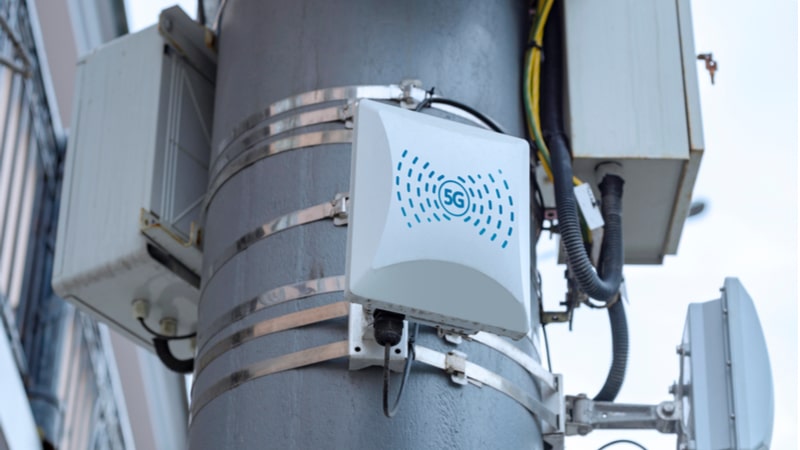
Sen. Roger Wicker, R-Miss., said today he expects President Trump to sign into law “in just a few days” legislation approved by the Senate late last month that will provide up to $1 billion to pay for smaller U.S.-based communications providers to remove and replace network equipment made by China-based suppliers Huawei and ZTE, among others.
The bill – the Secure and Trusted Communications Networks Act of 2019 – also creates a ban preventing U.S. service providers from using Federal funding to buy or maintain network equipment and services provided by “untrusted suppliers.”
“While this is a meaningful step forward in safeguarding the security of the nation’s communications systems, the unfortunate reality is that our networks have already been compromised by foreign adversaries,” said Sen. Wicker, chairman of the Senate Commerce, Science, and Transportation Committee at a March 4 committee hearing to examine 5G supply chain security.

“We are seeing more reports that Huawei can covertly access mobile phone networks around the world,” the senator said. “At the same time, some of our close allies are granting Huawei access to their communications systems. These are troubling developments. We need to do more to shore up our own network defenses against hackers and state-sponsored actors, especially in our nation’s rural and underserved communities.”
“This effort will require the development of a comprehensive strategy to secure the telecommunications supply chain,” he said.
Separately, Senate Minority Leader Charles Schumer, D-N.Y., and Sen. Ben Sasse, R-Neb., released a letter calling on the government of the United Kingdom to reconsider its decision in January to allow communications service providers to use in their networks a limited amount of equipment made by “high risk vendors,” and impose restrictions on more extensive use of equipment from those firms. High-risk vendors were not called out by name, but would include Huawei. In the U.K., the House of Commons was taking up debate on the matter on March 4.
“Given the significant security, privacy, and economic threats posed by Huawei, we strongly urge the United Kingdom to revisit its recent decision, take steps to mitigate the risks of Huawei, and work in close partnership with the U.S. on such efforts going forward,” the letter signed by a bipartisan group of 20 senators says.
James Lewis, Director of the Technology Policy Program at the Center for Strategic and International Studies, testified at the Senate Commerce hearing to his belief that the U.K government decision was driven in some measure by a desire to keep good trade relations with China.
“They will be motivated by China’s economic power,” he said of the U.K. government, and emphasized that the U.S. needs to help the U.K. and other allies by helping them to see a clearer path to replacing Huawei and other suspect equipment in their networks.
Sen. John Thune, R-S.D., said he plans to introduce legislation this week that says communications supply chain security should become part of U.S. trade strategy. Lewis commented, “Of course it should be part of our discussions with our allies and partners,” and called the idea “a great step forward.”
Elsewhere during today’s hearing, witnesses from network equipment makers Nokia and Ericsson talked about their firms’ ability to supply secure 5G network gear, and steps they take to keep some of their manufacturing plants out of China, and underlying source code out of Chinese hands.
Lewis said he believes that Nokia and Ericsson make better quality and more secure 5G network equipment, but lag Huawei in market share because the Chinese government subsidizes the company. He also thinks the U.S. should do a better job at promoting non-Huawei alternatives to other countries.
“America’s 5G problem is overrated,” Lewis said, adding that the possibility of “badly designed privacy rules” poses the worst threat to U.S. 5G innovation. “If we take the right steps we can win this race . . . The real problem is how do we deal with an increasingly hostile China,” he said.
